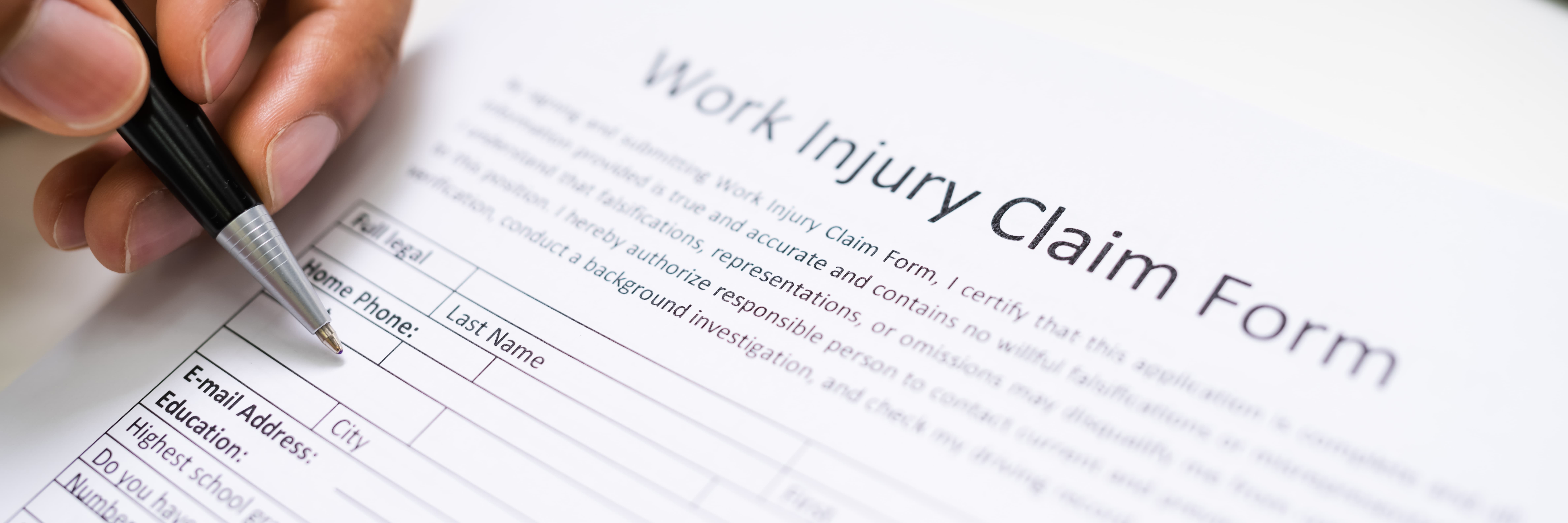Defenses to Negligence
Whether you’re bringing a negligence claim or defending against one, you need to know what defenses exist to a negligence action. There are several common defenses in a negligence action. The defenses that might appear in your case depend on what the facts of the case are and what issues are in dispute. Our Denver personal injury attorneys discuss defenses to negligence.

Defenses to a Negligence Action
The defenses to a negligence action may include:
The actions were not negligent – Even if the parties agree on what happened, the defendant might fight the charges on the grounds that the actions were not negligent. What amounts to negligence depends on a reasonable person in the same situation. For example, the parties may disagree about whether it’s reasonable to drive five miles over the speed limit in clear conditions. It’s up to the jury to decide if actions amount to negligence. The parties might have a significant disagreement about what’s reasonable in any given set of circumstances. The parties and their attorneys must present the evidence and then make arguments about why specific actions were or were not negligent.
A mistake of fact – A defense to negligence can be that the events didn’t occur as the plaintiff is alleging. The parties may disagree as to the facts of the case. Witnesses may have differing perceptions. A witness may be biased or unreliable. In addition, the parties may draw different conclusions about the meaning of the evidence that exists. A mistake of fact can be a defense to negligence, and it’s up to the jury to decide who to believe.
Lack of proximate cause – For a defendant to be responsible for negligence, the negligence must be the cause of injury. If there’s no proximate cause between the defendant’s negligence and the victim’s injuries, there’s no legal case. A defense to negligence can be that the defendant’s actions did not cause harm to the victim.
Contributory negligence by the plaintiff – A negligence action compares the defendant’s actions to the plaintiff’s actions. All states have laws that hold the plaintiff accountable if they’re also responsible for causing the accident in some way. Contributory negligence, or comparative negligence, is the idea that multiple parties may share blame for an accident. Depending on state law, contributory negligence may reduce a defendant’s liability or completely prevent the victim from recovering financially from the defendant for their losses.
The actions were justified – Justification can be a defense to negligence. If the defendant undertook a particular course of action to prevent more serious harm from occurring, they could defend the legal action on the basis of justification. For justification to be a viable defense, the jury must conclude that the defendant’s actions were meant to stop something worse from happening.
Assumption of the risk / Waiver – Some activities are inherently dangerous. A company may require people to sign a waiver to engage in certain activities. When a waiver is legally binding, assumption of the risk can be a defense to negligence. In addition, some activities carry an obvious risk of danger. Assumption of the risk and a waiver may be a viable negligence defense.
Entrapment or coercion – If a person is forced to act in a certain way, entrapment or coercion can be a defense to negligence. Entrapment or coercion may be a difficult standard to meet for a negligence case because it requires a showing that the actions of the defendant are heavily controlled or manipulated by another. However, entrapment or coercion may be a negligence defense if another person is tricked or forced into a certain course of action.
Governmental immunity – Some rules apply to when you can bring a lawsuit against a government body. If the government is responsible for the accident, and if the right exceptions aren’t present, the injured victim may have no recourse. In other cases, the victim might have legal recourse, but it might be limited. When the negligence case involves governmental immunity, the defense may be a complete bar to recovery, or it may limit what the victim can receive for their damages.
Is Immunity a Defense to Negligence?
Yes, immunity is a defense to negligence. However, for immunity to be a successful defense, immunity must apply to the situation. For immunity to be a defense to negligence, the party accused of negligence must have a complete defense based on the laws that apply.
Each government entity creates its own rules for when immunity applies and when a victim can bring a negligence suit. It’s important to carefully review the federal, state, and local laws regarding immunity to determine if its a viable defense to negligence.
What Are the Primary Defenses to Negligence?
The major defenses to negligence are comparative negligence, a misunderstanding about what actually occurred, and a disagreement about whether the behavior actually amounts to negligence. To defend against allegations of negligence, a person might claim that the events didn’t unfold as the other person says that they did. They might say that the behavior wasn’t negligent based on the reasonable person standard. In addition, they might claim the other person was more negligent under comparative negligence laws. The major defenses to negligence include a mistake of fact, comparative negligence, and honest disagreement about reasonable behavior.
Affirmative Defenses to Negligence
Affirmative defenses to negligence are defenses that negate the guilt of the actor. An affirmative defense is different than a failure to prove the case. Instead, an affirmative defense is a defense that, if true, negates what would otherwise be unlawful conduct. Examples of affirmative defenses include entrapment, necessity, and self-defense. A defense to a negligence action may consist of both affirmative defenses and other types of defenses.
Denver Injury Attorneys
Do you have questions about negligence defenses? The attorneys at Bachus & Schanker, LLC, are dedicated, aggressive Denver negligence attorneys. We help victims get the compensation that they deserve. Let us help you understand the defenses that may arise in your case. Our team can help you fight against false defenses and distractions that can stand in the way of you receiving justice. Our legal team is standing by for your free consultation. Call us today.






